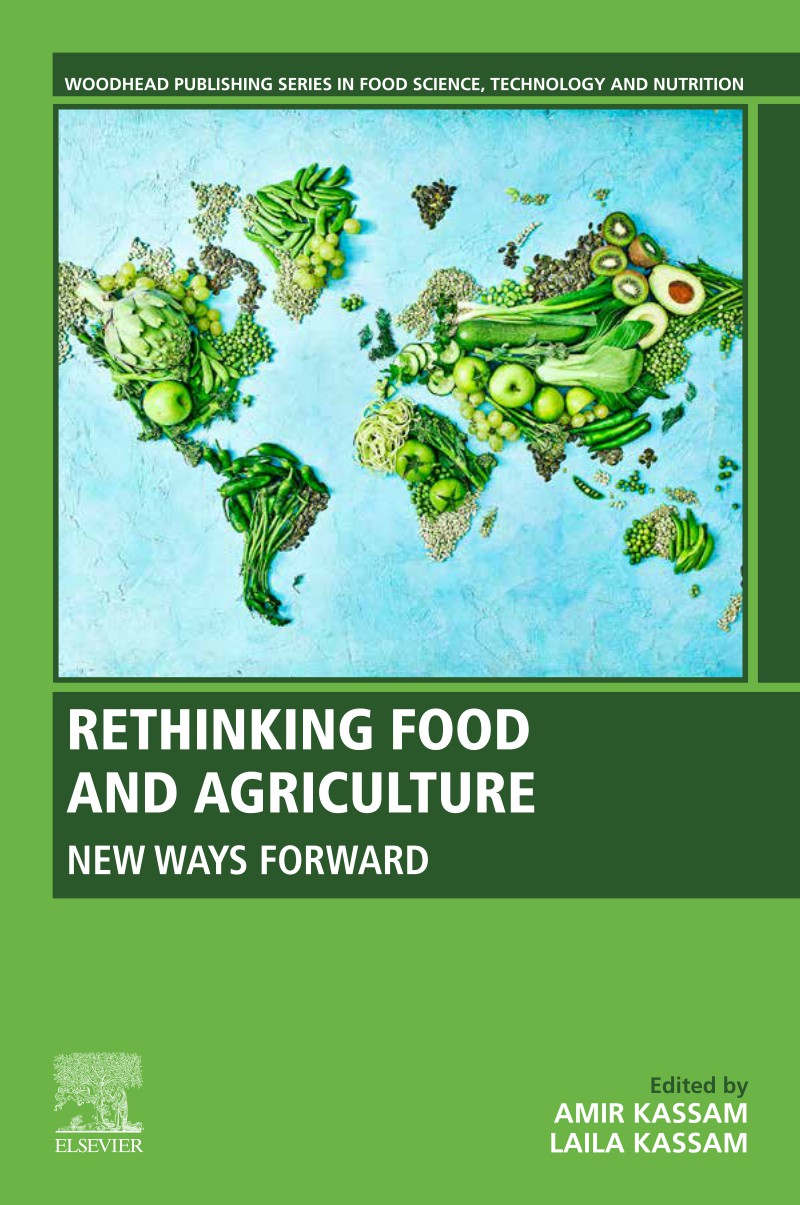About the Authors
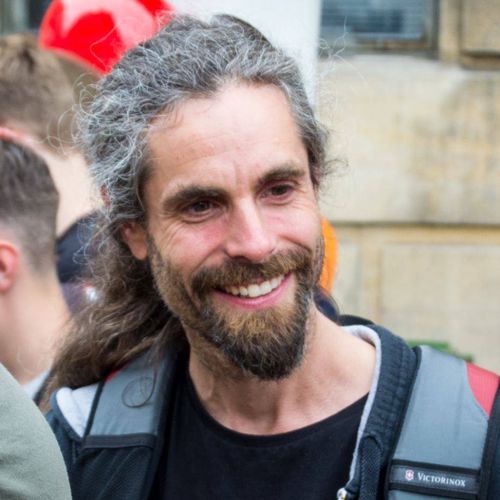
Doug Bristor
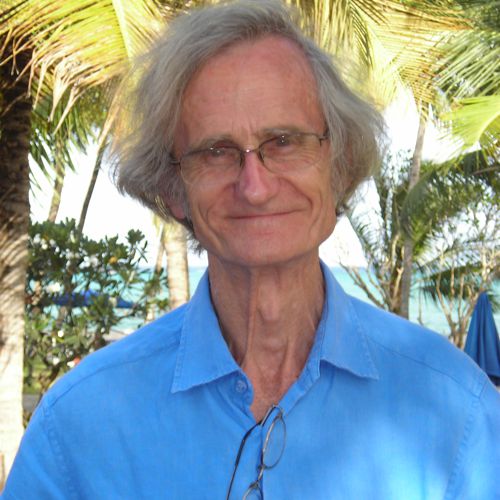
Robert Chambers
Robert Chambers is a Research Associate and Emeritus Professor in the Participation Team at IDS where he has been based for most of his life, with extended periods in East Africa and South Asia, mainly India. He has worked as a government field administrator, a trainer, an evaluator, and a donor programme officer, including time with UNHCR and the Ford Foundation. In 1993 he was one of a team who facilitated the first PRA (participatory rural appraisal) training in China (in Kunming). His books include: Rural Development: Putting the last first (1983), Farmer First (1989, co-editor), Whose Reality Counts? Putting the first last (1997), Participatory Workshops (2002), Ideas for Development (2005), Revolutions in Development Inquiry (2008), Into the Unknown: Explorations in development practice (2014), and Can we know better? (2017). His current concerns and interests include professionalism, power, the personal dimension in development, participatory methodologies, teaching and learning with large numbers, biases and blind spots, and community-led leaving no one behind.
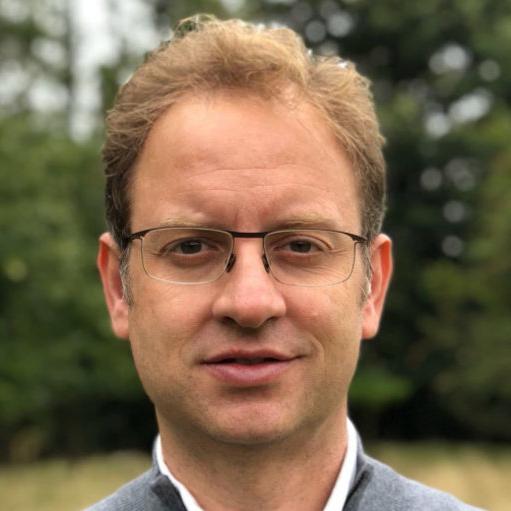
Emilio J. González-Sanchez
Emilio González-Sanchez, from Cordoba, Spain, is an Agronomical Engineer from the University of Cordoba. For the last 15 years he has been working for the Spanish Conservation Agriculture Association / Living Soils (AEAC/SV). He was the General Secretary of the European Conservation Agriculture Federation (ECAF), Brussels, between 2005-2008; and from 2008, he was Adjunct Professor at the Rural Engineering Department of the University of Cordoba. Emilio’s background is in sustainable agriculture and land management based on the principles of Conservation Agriculture, with a special focus on climate change mitigation, mechanization and environmental impact assessment. He has been the general coordinator of several European Union funded projects, and has been appointed as International Consultant on Conservation Agriculture and Climate Smart Agriculture by FAO in Armenia, Cuba, Turkey and Uzbekistan. Emilio is a member of the International Conservation Agriculture Advisory Panel (ICAAP – Africa).
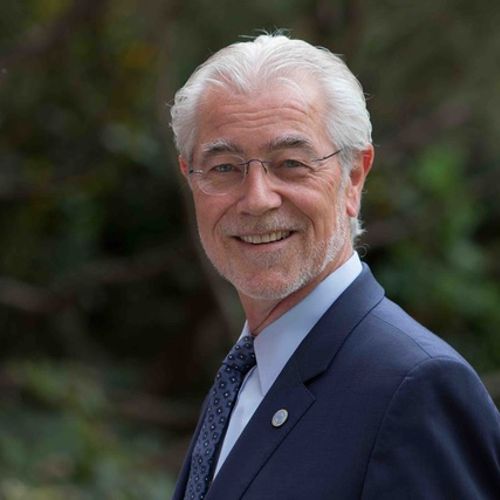
Hans R. Herren
biovision.ch →
millennium-institute.org →
twitter.com/greyherren →
linkedin.com/hans-r-herren →
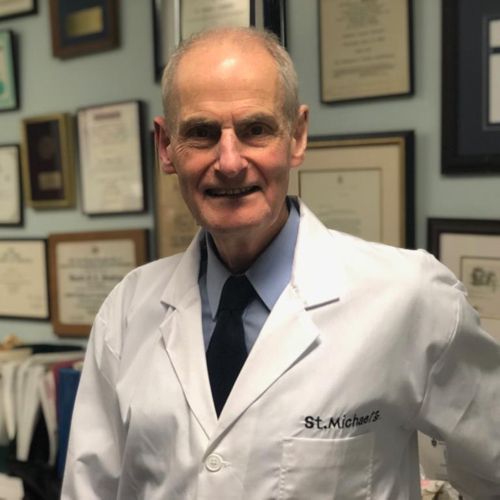
David Jenkins
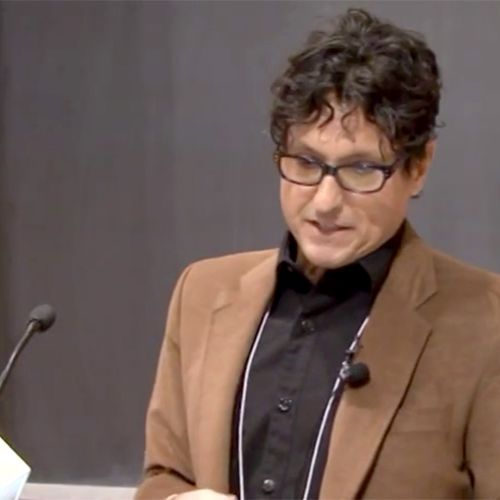
Robert C. Jones
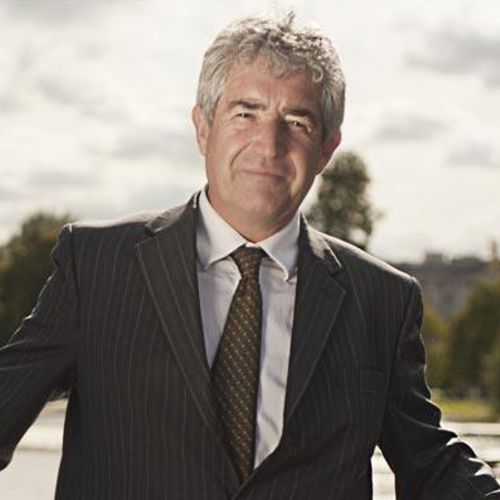
Tony Juniper
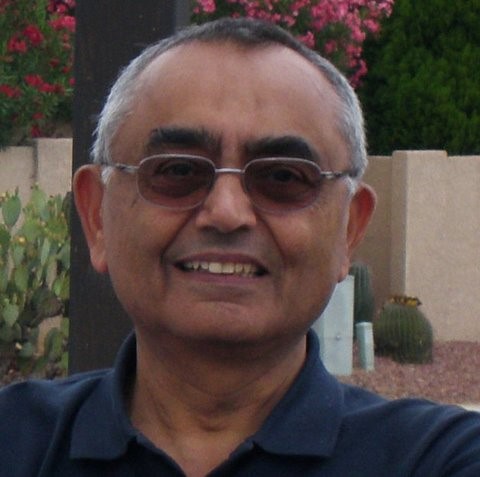
Amir Kassam

Laila Kassam
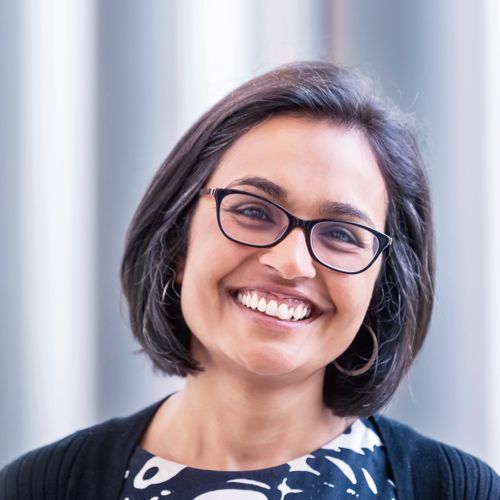
Shireen Kassam
Shireen founded plant-based health professionals UK in 2017, a non-profit organisation whose mission is to provide evidence-based education on whole food plant-based nutrition for preventing and treating chronic disease. Since then she has been appointed as Visiting Professor of Plant-Based Nutrition at Winchester University and provides the UK’s only University course on plant-based nutrition. Shireen is a board certified Lifestyle Medicine physician with the International Board of Lifestyle Medicine.
plantbasedhealthprofessionals.com →
plantbasedhealthprofessionals@gmail.com →
facebook.com/wholefoodplantbasednutrition →
instagram.com/pbhp →
twitter.com/plantbasedhpuk →
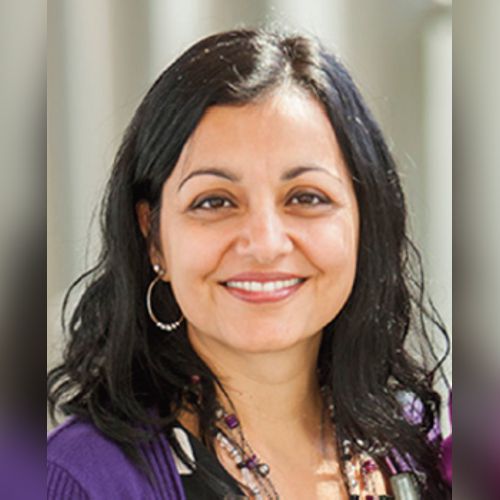
Zahra Kassam
plantbasedcanada.org →
plantbasedcanadaorg@gmail.com →
facebook.com/plantbasedcanadaorg →
instagram.com/plantbasedcanadaorg →

Mark Langan
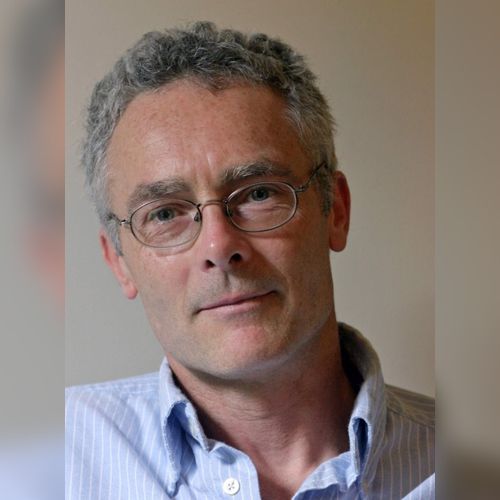
Jonathan Latham
independentsciencenews.org →
poisonpapers.org →
bioscienceresource.org →
facebook.com/Biosrp →
twitter.com/Biosrp →
facebook.com/jonathan.latham.94 →

Jim Mason
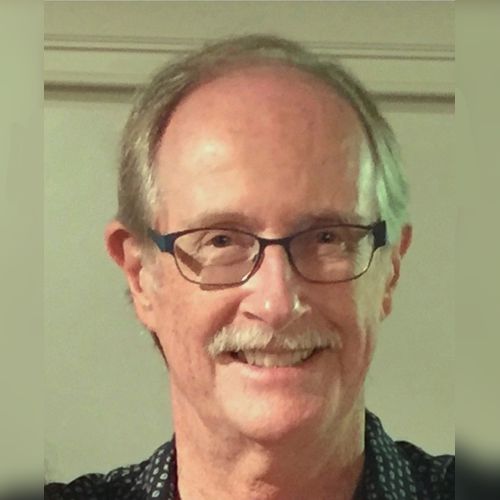
Philip McMichael
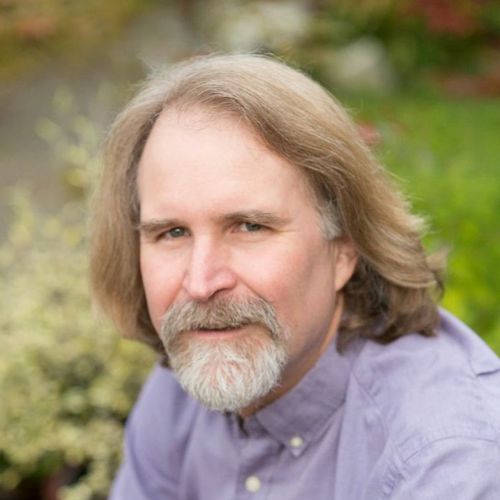
David R. Montgomery
dig2grow.com →
facebook.com/Dig2GrowBooks →
twitter.com/dig2grow →
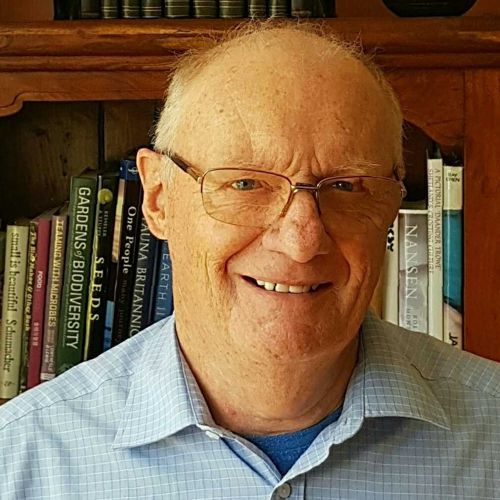
Patrick Mulvany
foodethicscouncil.org →
Patrick.Mulvany@coventry.ac.uk →
ukabc.org →
twitter.com/kamayoq →
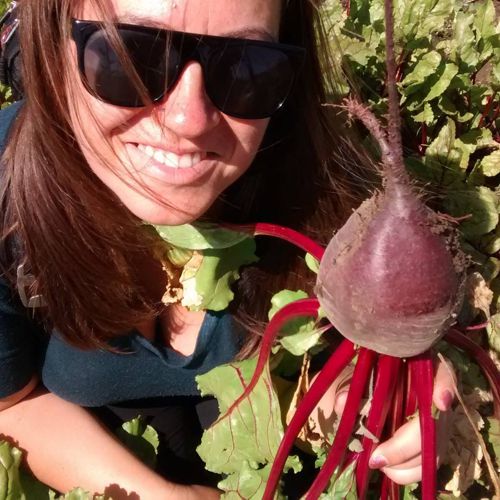
Nassim Nobari
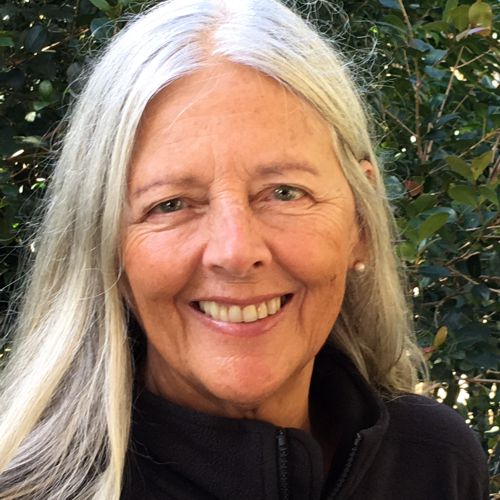
Helena Norberg-Hodge
Helena Norberg-Hodge is a pioneer of the new economy movement and recipient of the Alternative Nobel prize, the Arthur Morgan Award and the Goi Peace Prize for contributing to “the revitalization of cultural and biological diversity, and the strengthening of local communities and economies worldwide.” She is author of the inspirational classic Ancient Futures, and Local is Our Future (2019), and producer of the award-winning documentary The Economics of Happiness. The impact of the global market on food and farming has been a focus of Helena’s work for almost 40 years, including two books (From the Ground Up: Rethinking Industrial Agriculture and Bringing the Food Economy Home: Local Alternatives to Global Agribusiness, as well as a Local Food Toolkit, which won a prestigious UK award for investigative journalism.
Helena is the founder and director of Local Futures and The International Alliance for Localisation, and a founding member of the International Commission on the Future of Food and Agriculture, the International Forum on Globalization and the Global Ecovillage Network.
localfutures.org →
facebook.com/LocalFutures.TheEconomicsofHappiness →
twitter.com/localfutures →
instagram.com/localfutures →
youtube.com/ISECeconofhappiness →
vimeo.com/theeconomicsofhappiness →
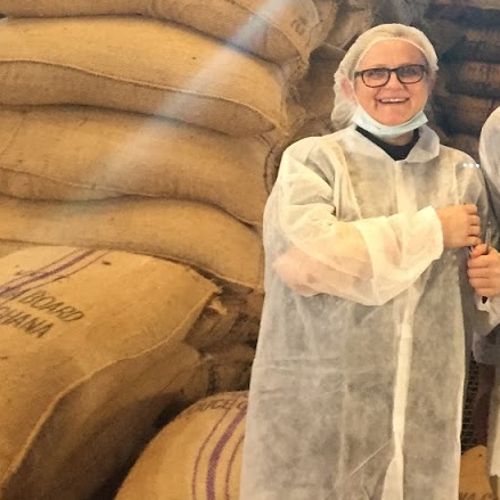
Sophia Price
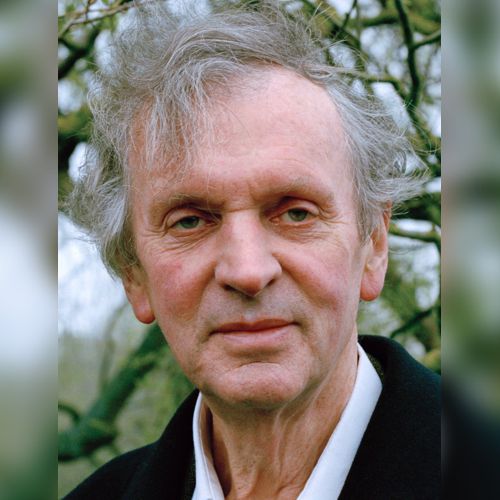
Rupert Sheldrake
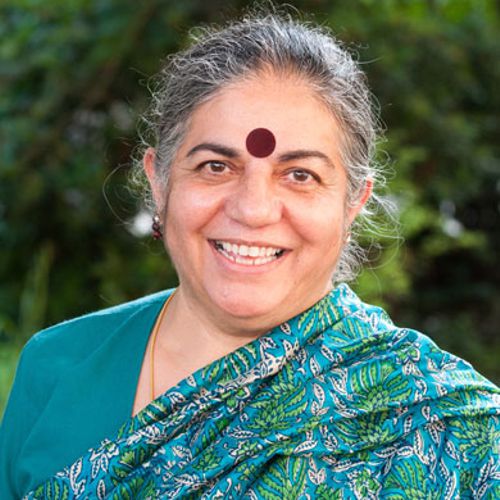
Vandana Shiva
navdanya.org →
facebook.com/vandanashiva.navdanya →
twitter.com/NavdanyaBija →
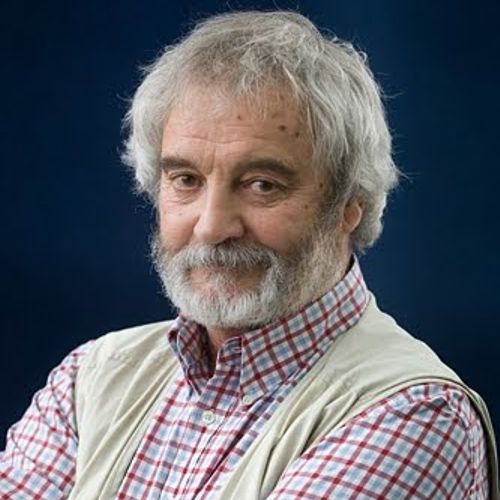
Colin Tudge
colintudge.com →
collegeforrealfarming.org →
campaignforrealfarming.org →
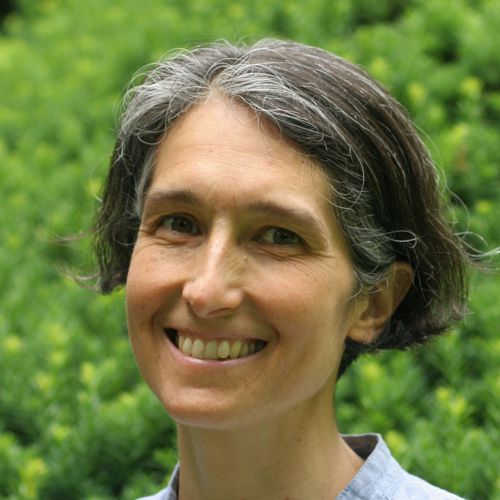
Allison Wilson
bioscienceresource.org →
independentsciencenews.org →
poisonpapers.org →
researchgate.net/Allison Wilson →
bsr.academia.edu/Allison Wilson →
linkedin.com/allison-k-wilson →
